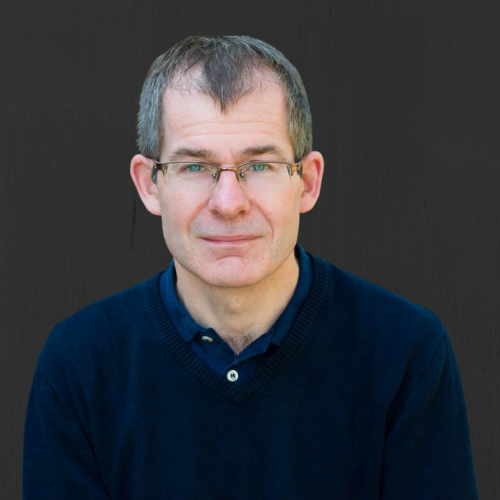Dr. Peter D. Adams is expert in biology of aging and cancer. This joint interest can be traced back to his time as a post-doc in the lab of Prof. William G. Kaelin, Jr., joint winner of the 2019 Nobel Prize in Physiology or Medicine. In Kaelin’s lab Adams studied pRB, E2F and cell cycle control, and identified the HIRA histone chaperone in a screen for novel cyclin/cdk2 substrates. This drew Adams into studies of cell senescence as a tumor suppressor mechanism, and also cell senescence as a driver of aging.
Peter Adams has been Full Professor at Sanford Burnham Prebys Medical Discovery Institute since 2016. Adams' goal is to contribute to development of epigenetic-based interventions that promote healthy aging and suppression of disease, including cancer.
Adams has made a number of significant discoveries in the area of epigenetics of aging and cancer. His lab coined the term "chromostasis" to describe the presumptive mechanisms that confer chromatin and phenotypic stability to achieve healthy aging; discovered "cytoplasmic chromatin fragments (CCF)" produced by senescent cells as pro-inflammatory signals; published the first DNA methylation clock in the mouse, from his studies of aging mouse liver.
In 2016 Adams was awarded the Tenovus Scotland Medal, in 2017 a Glenn Award for Research in Biological Mechanisms of Aging, and in 2018 a Glenn/AFAR Breakthroughs in Gerontology Award, in recognition of his research achievements. Adams is co-Editor-in-Chief of the leading aging journal, Aging Cell.

